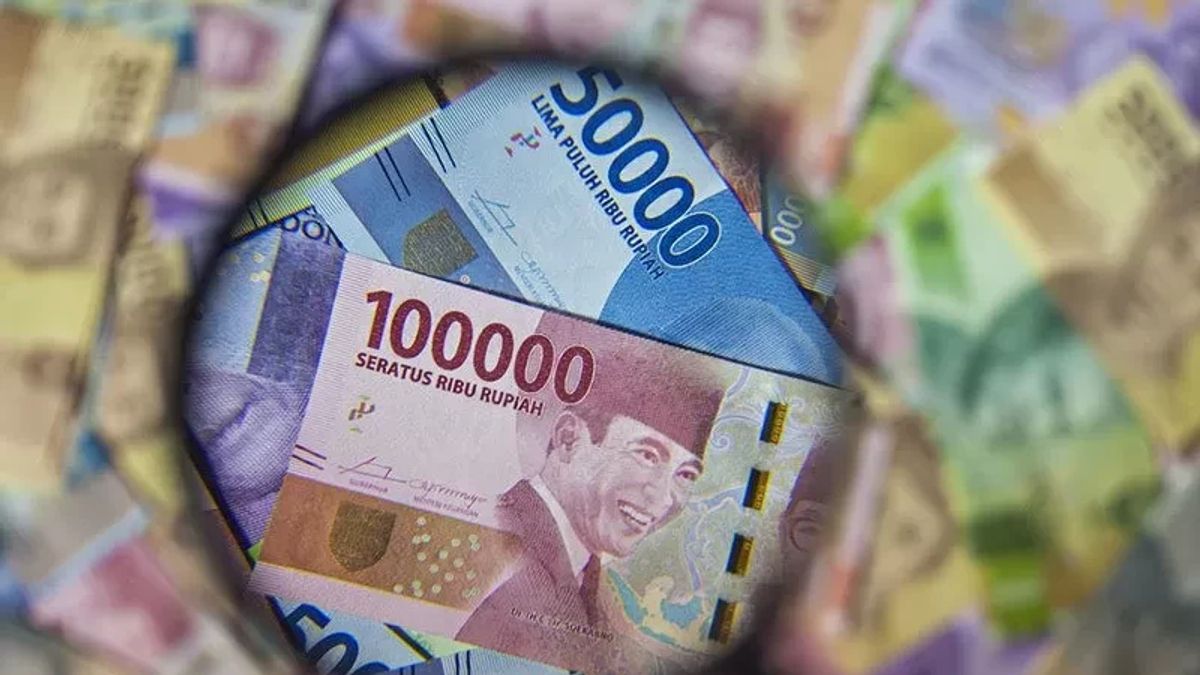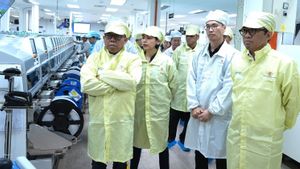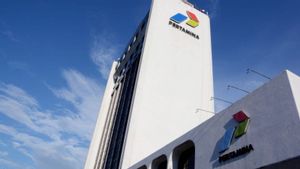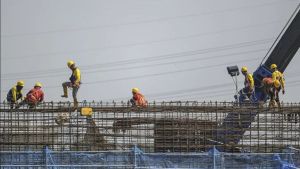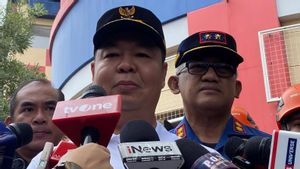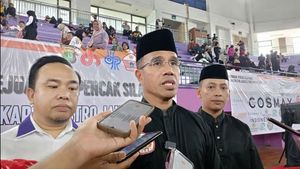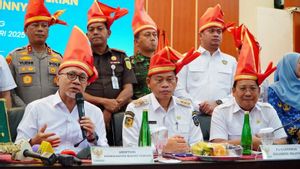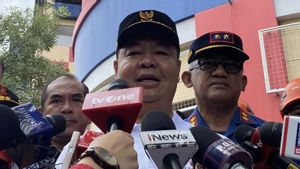JAKARTA - In the midst of a global situation colored by the risk of economic stagnation and the level of global inflation that has not returned to pre-pandemic levels, the Indonesian economy remains resilient with a growth of 5.05 percent (yoy) in the second quarter of 2024.
The positive performance of economic growth has supported the labor market with the number of people working in the last three years increasing by 11.1 million people and the unemployment rate dropping from 6.26 percent (2021) to 4.82 percent (2024). Employment absorption is mainly dominated by the agricultural, trade and processing sectors.
However, the growth of the Textile and Textile Product (TPT) sub-sector has not returned to pre-pandemic levels, influenced by declining domestic market and export demand, as well as the increasingly competitive challenges of this industry.
This condition has an impact on labor absorption in the TPT sector which decreased from 3.98 million in 2023 to 3.87 million in 2024.
Head of the Fiscal Policy Agency, Febrio Nathan Kacaribu, said that in addition to the tight competition in the global market, the Indonesian TPT industry is also facing challenges in the country due to increasing imports of textile products, especially from China. The decline in industrial performance is a serious concern for the government, considering the large labor absorption.
"The government continues to monitor this situation and provides solutions to encourage the recovery of the fundamental performance of the TPT industry in the long term. The government consistently occupies these solution efforts by taking into account the impact on the economy as a whole," he said in his official statement, Thursday, August 8.
Responding to these challenges, the government continues to encourage the transformation of the national textile industry by utilizing the global supply chain and the creation of added value and competitiveness of the domestic textile industry through support for fiscal incentive policies such as Tax Holiday, Tax Allowance, Super Tax Deduction Vocational and Research and Development (R&D), regional incentives such as Special Economic Zones/ Bonded Areas, as well as trade recovery policies in the form of the imposition of Safeguard Measure Import Duty (BMTP) and Anti Dumping Import Duty (BMAD).
In accordance with Government Regulation Number 34 of 2011, BMTP and BMAD are imposed on an imported product with the aim of recovering serious losses or preventing the threat of serious losses suffered by the domestic industry due to the surge in the number of imported goods or the practice of dumping from exporting countries.
As a manifestation to support the competitiveness of the national textile industry sector, the government has issued several trade recovery policies that are still in effect today, namely: (i) PMK Number 176/PMK.010/2022 concerning the imposition of BMAD on the import of clothing fiber products (Polyester Staple Fiber) which is valid for 5 years until December 2027; (ii) PMK Number 46/PMK.101/2023 concerning the imposition of BMTP on the import of Benang products from Stratetic and Artificial Strategy which is valid for 3 years until May 2026; (iii) PMK Number 45/PMK.010/2023 concerning the imposition of BMTP on Curtain imports, Internal Kerai, Bed Convex, and Other Obstacles which are valid for 3 years until May 2026, and (iv) PMK Number 142/PMK.010/2021 concerning the imposition of BMTP on the import of clothing and clothing accessorie products valid for 3 years until November 2024.
In addition, as an effort to protect and increase the competitiveness of the domestic textile industry, the Government continues its policy of imposing BMTP on imports of Cloth, Carpet, and Other Cover Textile products for 3 years through the issuance of Minister of Finance Regulation (PMK) Number 48 of 2024 concerning the Imposition of Safeguard Measure Imports on Imports of Cloth and PMK Products Number 49 of 2024 concerning the Imposition of Import Duty. Safeguard Measures on Imports of Carpet and Other Covered Textile Products.
The issuance of the trade remedies policy for the textile industry is carried out by taking into account the alignment of the industrial chain so that it is in accordance with the direction of national industrial development and can maintain the competitiveness of the domestic textile industry.
The preparation of the two PMKs has also involved all stakeholders, namely the relevant Ministries/Institutions including the Coordinating Ministry for Economic Affairs, the Ministry of Trade, the Ministry of Industry, the Ministry of National Planning and Development, the Ministry of Law and Human Rights, the Association and Business Actors, and the State Representative Mitra Trade in accordance with domestic provisions that are in line with the regulation of trade recovery at the World Trade Organization (WTO).
Through the synergy of the Government's policy and the active role of stakeholders, the national textile industry is expected to be able to become a strong and competitive industry, increase employment, and ultimately make a positive contribution to the national economy.
The English, Chinese, Japanese, Arabic, and French versions are automatically generated by the AI. So there may still be inaccuracies in translating, please always see Indonesian as our main language. (system supported by DigitalSiber.id)
